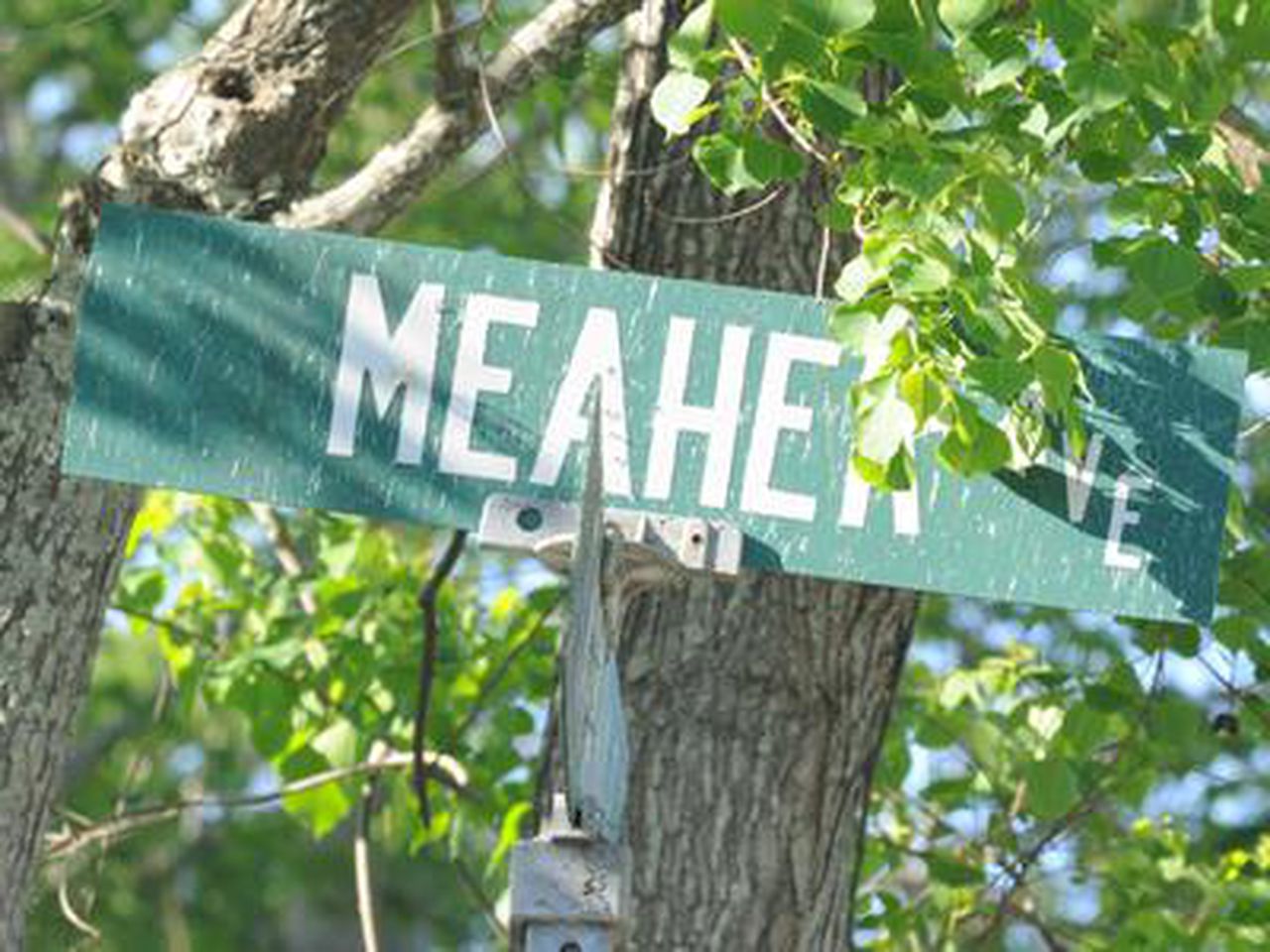The long-overdue convening of Clotilda’s disparate descendants a core of true Africatown revival
This is an opinion column.
Awkward. It’s gonna be that. Or it was that.
We don’t yet fully know if the descendants of the men, women, and children who were enslaved and transported to Mobile in the hull of the Clotilda have looked into the eyes of descendants of the man who owned the ship.
At least one of the former says he’s met with one of the latter.
Darron Patterson is a bunch of greats descending from Pollee Allen, who was captured, chained, and dragged across the Atlantic more than 100 years ago aboard a ship sardined with carried more than 100 Africans from Benin—the last enslaved Africans—to our shores.
A ship owned by Timothy Meaher.
Patterson told the Associated Press he met twice in September with a Meaher descendant who contacted him through a third party.
Awkward, it no doubt was. Necessary, too.
“Our conversations were just about who we are as people,” Patterson told AP. “It’s important that we begin there.”
Yes, it is. As awkward as it may be. Because who we are as people today is scented with a whiff of our ancestors. Of their deeds. Whether aromatic bliss. Or stench.
It is indeed important to begin there. For us all to begin there.
Patterson, at the time of his meeting with the unnamed Meaher, led the Clotilda Descendants Association (CDA), the kin of the men, women, and children who survived the Clotilda. Who built a community near the shores where they landed, a community seeded with traditions from their homeland. A community—Africatown—striving to be revived and restored.
A community that for too long simply strived to be heard, to be acknowledged for who they are as people by descendants of the man who brought their ancestors here.
James Ellis, another descendant of Clotilda’s enslaved, now leads the CDA. He told us last week, told my AL.com college John Sharp, he’d heard from Helen and Meg Meaher and was “trying to coordinate and time to meet with” them and other Meahers. He was “cautiously optimistic.”
Thankfully, they are finally speaking. Last week, the Meahers released a statement to NBC News: “Our family has been silent for too long on this matter.”
They deemed their ancestor’s actions “evil and unforgivable”.
“However,” the statement declared, “we are hopeful that we—the current generation of the Meaher family—can start a new chapter.”
I’m eager for the chapter—as awkward as it may invariably be.
As necessary as it is.
A necessary start towards healing. Towards restoring. Towards building. Together.
Related content:
What the descendants say to each other isn’t as important as saying something. Finally. That they are meeting.
That they are acknowledging each other as they are as people.
As did, finally, in 1998, on the Oprah Winfrey Show, the white descendants of Thomas Jefferson and the Black descendants of Sally Hemings, the enslaved Black woman with whom the third president of the United States fathered, according to credible and validated historians, six children.
That meeting was awkward. But necessary. Even as, nearly a quarter century later, some cousins are still evolving, still writhing, still wrestling with what they want to believe and what is true, while most of the kind have acknowledged who they are as people. As a family.
Imagine if descendants of Thomas Blanton, Bobby Frank Cherry, Robert Chambliss, and Herman Cash—the four Ku Klux Klansmen ID’d by the FBI as primarily responsible for murdering Denise McNair, Adie Mae Collins, Carole Robertson, and Cynthia Wesley, for injuring Sarah Collins Rudolph, in the 1963 bombing of the 16th Baptist Church in Birmingham—met and acknowledged the victims’ descendants, their family.
Awkward, but necessary.
Imagine if Bull Connor’s descendants, if descendants of the men who, under Connor’s orders, unleased firehoses and frothing German Shepherds on children marching for equal opportunity, for respect, met today with the men and women who still remember the attacks as if they happened this morning.
Awkward, but necessary.
Imagine if descendants of the men who crossed the train tracks in Tulsa 101 years ago, who torched the beacons of Black wealth—the hotels, restaurants, grocery stores, and other businesses that thrived on the north side of the track. Imagine if descendants of those who murdered innumerable Black Tulsans met with the men, women, and children who descended from those who died or lost that day.
Or met with those who survived and are still with us: Centurions Viola Fletcher, Hughes Van Ellis, and Lessie Benningfield Randle.
If the descendants of hate—of unforgivable evil—acknowledged who they are and how that was shaped by their ancestors’ actions.
Awkward, no doubt. Necessary, too.
Necessary for healing. For restoring. For building.
Together.
More columns by Roy S. Johnson
Three years after Aniah Blanchard’s fatal abduction, father speaks: ‘I will never have rest’
I wish Tuberville, Britt knew what crime, woke really are, and aren’t
Miles grad makes largest alum donation in school history, hopes to be catalyst for giving to HBCUs
Former Auburn star on Tuberville ‘reparation’ remarks: ‘Unnecessary, wrong, ugly’
Alabama’s SCOTUS lawyer gets critical race history lesson from Ketanji Brown Jackson
Alabamians are struggling to eat; state officials must ensure all are fed.
Want to reduce crime and recidivism? Invest in this re-entry program
Roy S. Johnson is a 2021 Pulitzer Prize finalist for commentary and winner of 2021 Edward R. Murrow prize for podcasts: “Unjustifiable”, co-hosted with John Archibald. His column appears in The Birmingham News and AL.com, as well as the Huntsville Times, the Mobile Press-Register. Reach him at [email protected], follow him at twitter.com/roysj, or on Instagram @roysj.
